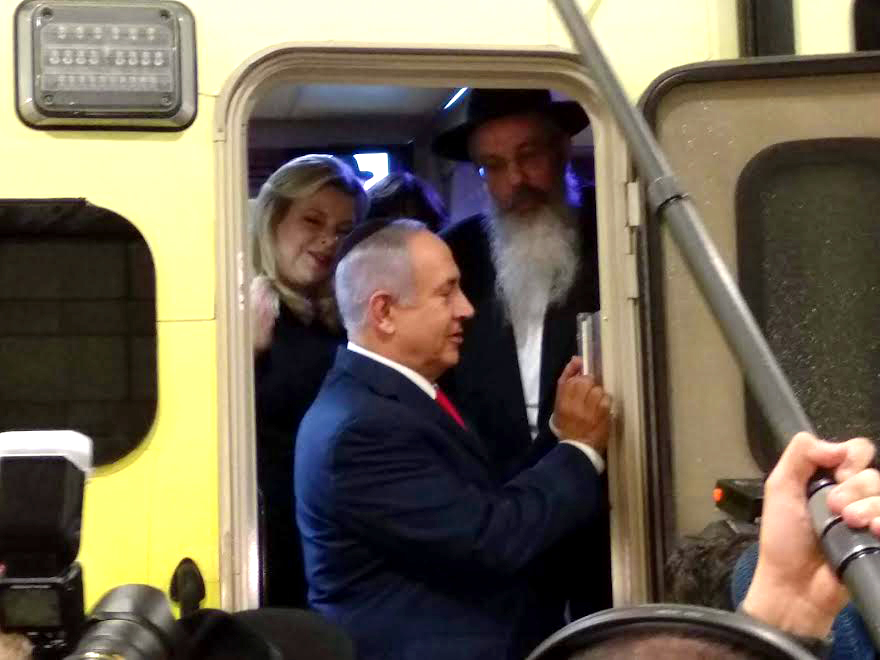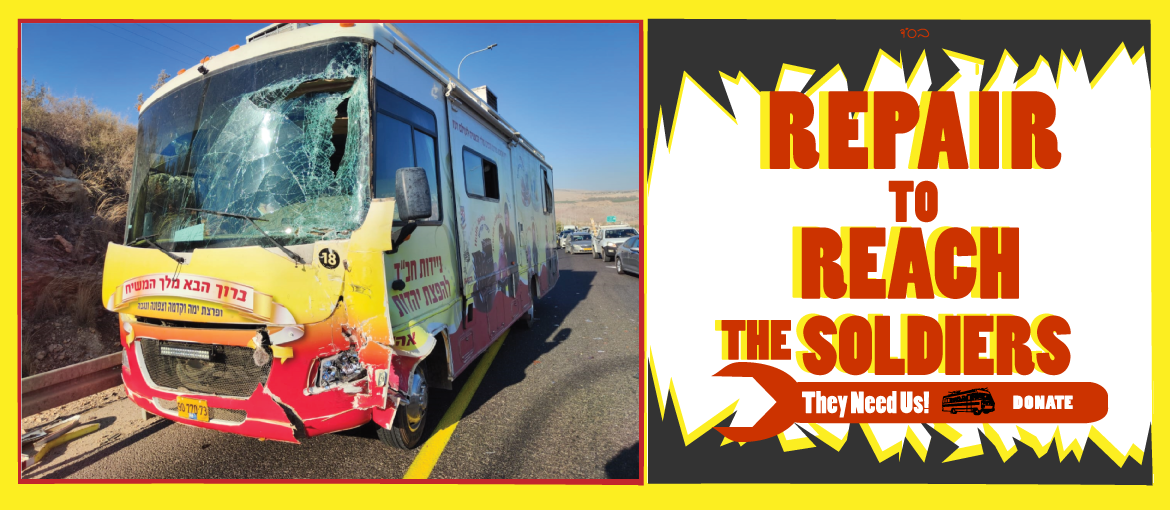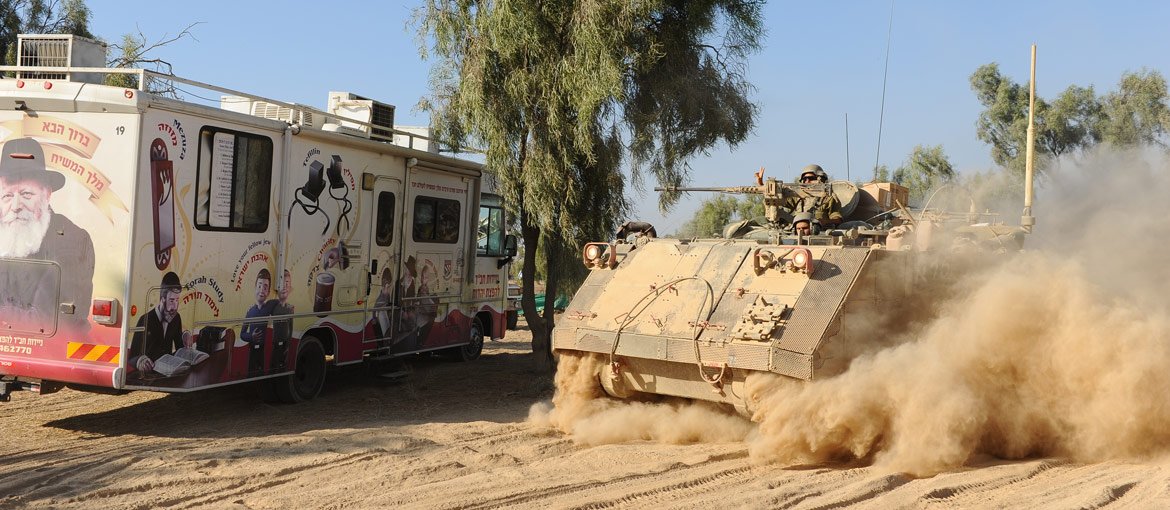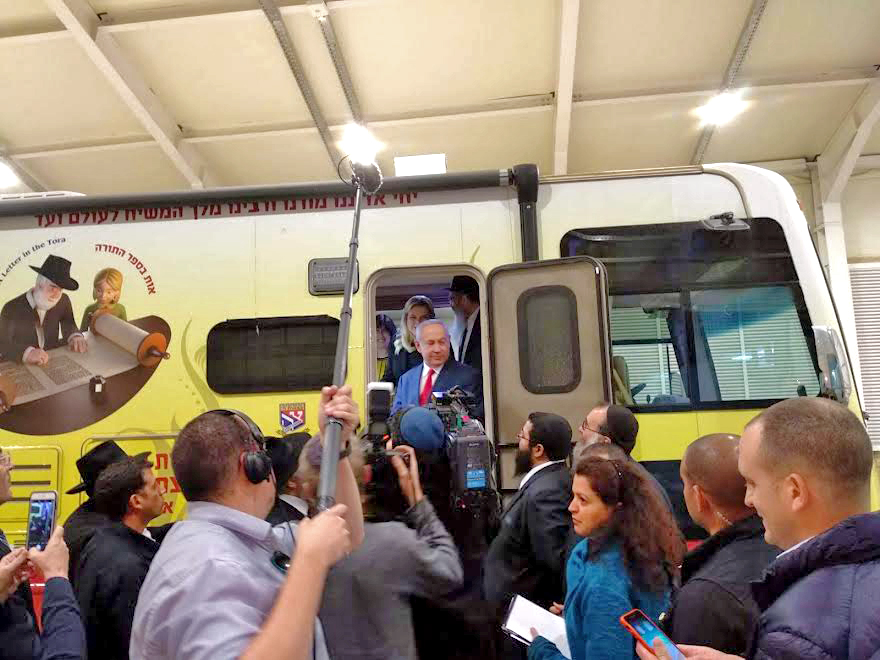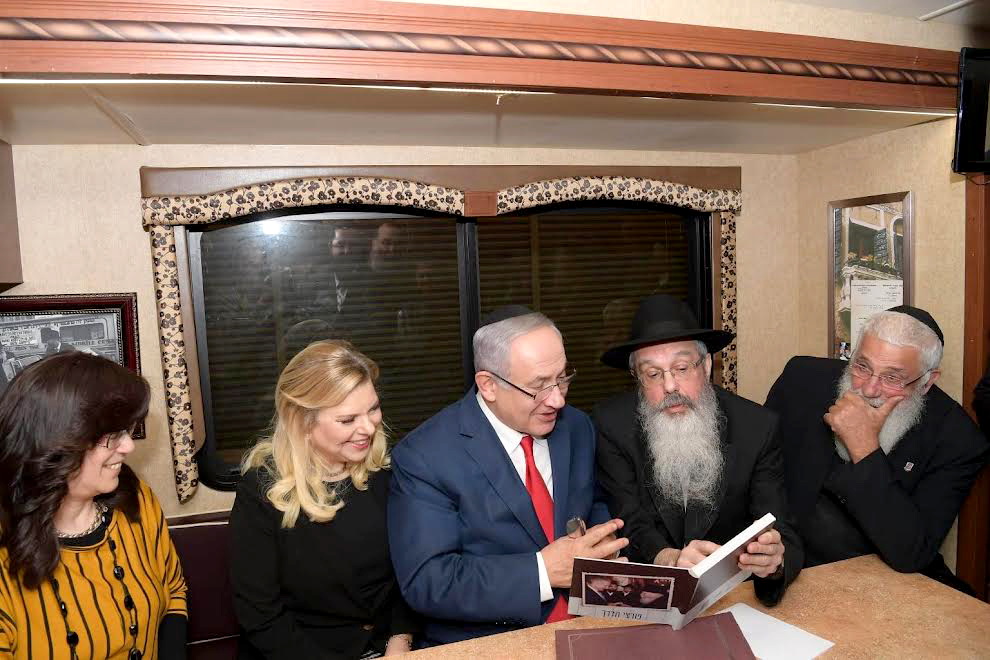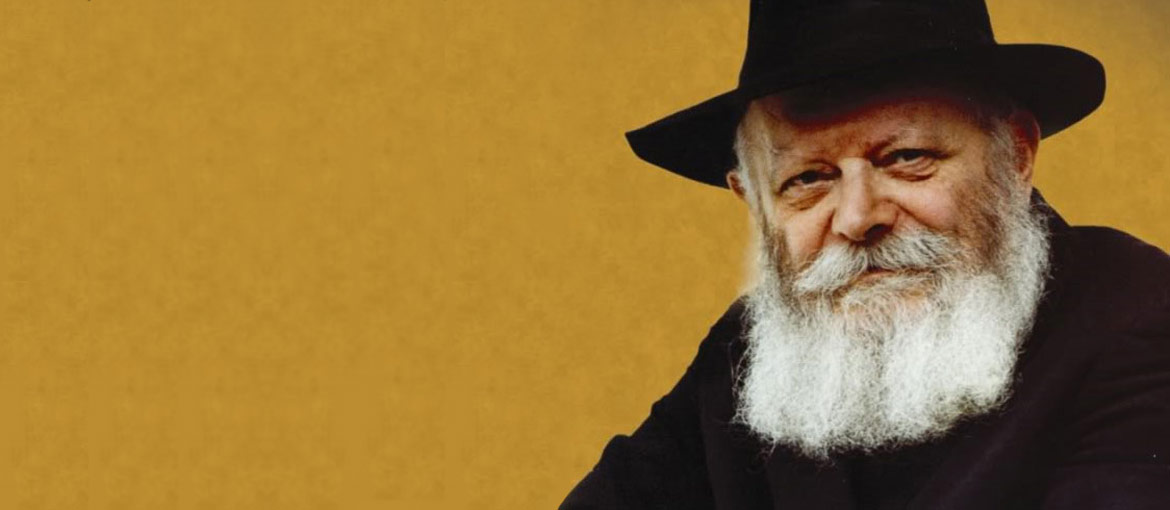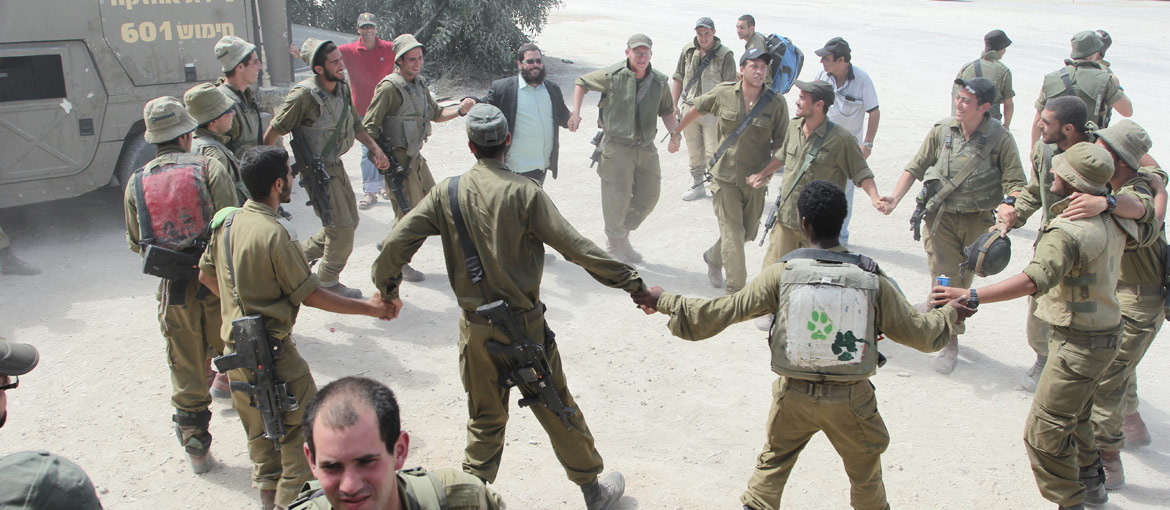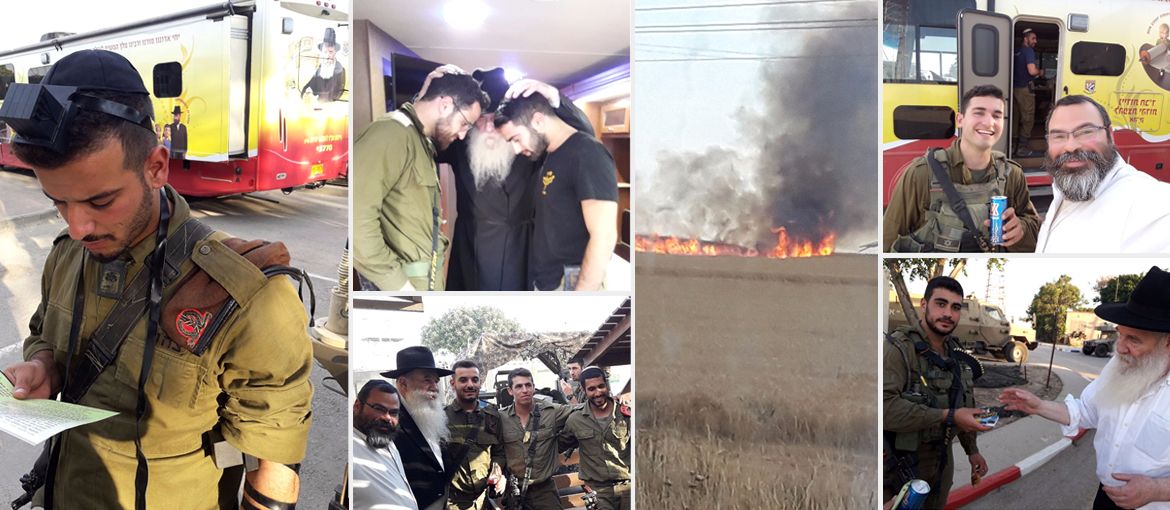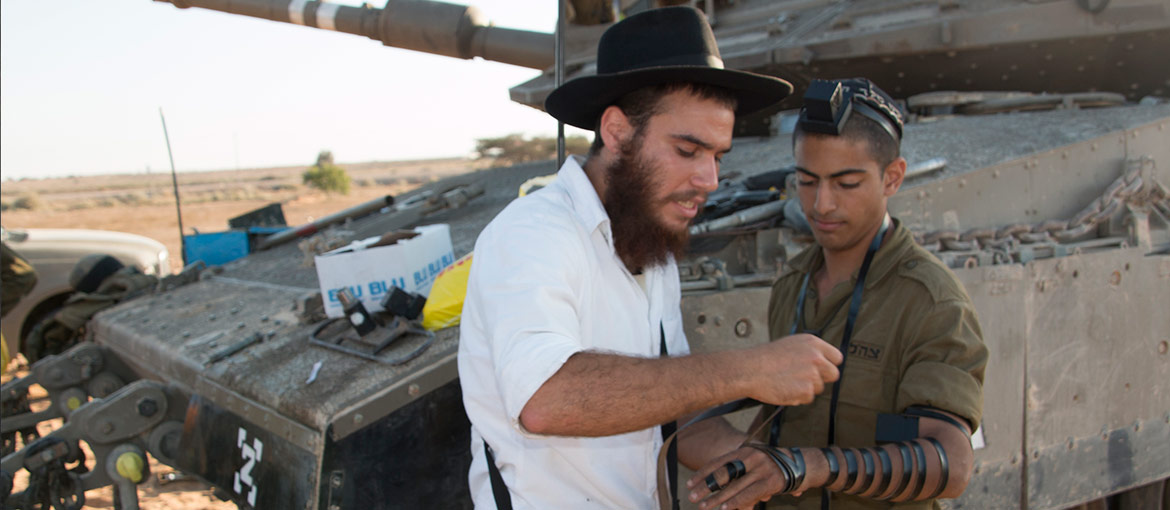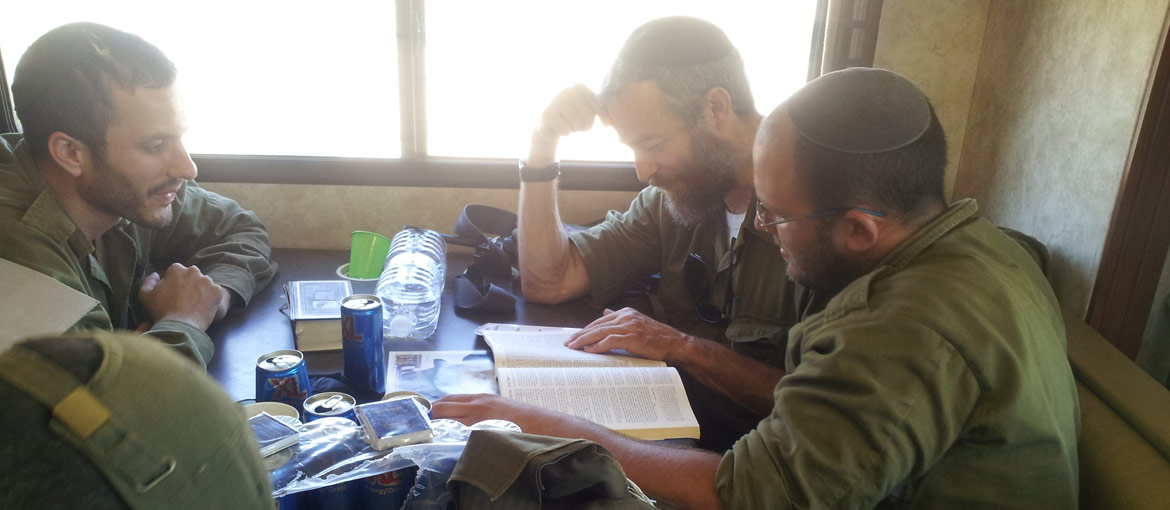War and weariness hung heavy in the air, that late summer night in 2006. Along Israel’s northern border with Lebanon, the highways and side streets were quiet and empty. Silence echoed loudly from the village of Dovev, one of many agricultural towns that populate Galil Elyon, Israel’s upper Galilee region.
Earlier today, this active community life was brusquely interrupted, residents evacuated from their homes, schools and farms. Military actions had increased and intensified, exposing civilians to dangerous crossfire and air cannon attacks.
But despite the evacuation, a few souls remained resolute and unmoving. They simply couldn’t leave their family homes or abandon their generational livelihoods.
At 11:30 PM, a tank drove slowly through the empty village streets of Dovev. This wasn’t a “tank” in the traditional sense-it wasn’t an armored, military machine, designed to flank infantry soldiers in combat. No, this was a very different kind of tank-and the protection it provided wasn’t military at all. Its purpose wasn’t civil or social or political. Instead, fueled by prayers and charity and kinship, this “Mitzva Tank” drove with a much greater promise-of spiritual strength, protection and empowerment, of words and actions that whispered: “Find comfort, my friends: You are not here alone.”
On this tension-filled night, the Mitzva Tank wasn’t fleeing the war-torn borders of Galil Elyon. Instead, it was driving directly along them. Its occupants were commissioned to boost the morale of soldiers who needed it, and needed it now. Soldiers, they knew, lived in constant transition. Once religious, never religious or somewhere in between-life on the battlefield ignited moments of intense emotions: fear, pain, despair, abandonment, courage, commitment, passion and patriotism. These emotional moments were electric opportunities, ripe for unique experiences of G-d and faith, of powerful connection with human love and spiritual inspiration.
For the spark of such moments, Mitzva Tanks drive tirelessly across Eretz Yisrael. Through their outreach, spiritual destiny answers unseen and internal yearning, responding with affirmations of community, faith and religious observance. Perhaps the moment calls for tefillin, for a quiet prayer or spoken blessing. Maybe it’s about kindling lights on Shabbat, or celebrating a Yom Tov (Holy Day) with song and dance. Or it might just be the simple gift of coffee, cake and conversation-ears to hear stories, lips to recite them, and hearts that will honor and never forget.
Tonight’s Mitzva Tank was driven by a young soldier, on three-day leave from his active duty in the IDF’s Armored Corp Division. Instead of enjoying a hard-earned respite away from the war, he chose to join his father-Rabbi Dovid Nachshon, director of Mobile Mitzva Centers-on this commission to Galil Elyon. The father and son were accompanied by Rabbi Moshe Reuvain Asman, Chabad’s emissary to the Ukraine, who later rallied his Kiev congregation to fund five new Mitzva Tanks for the organization.
Reaching the city center of Dovev, the Mitzva Tank broadcast music from its top-mounted loudspeakers. This was customary, designed to attract attention from local residents. Tonight (and most nights, recently, it seemed) the sound of music barely overreached the echo of cannon fire. Drawn to the sound, a 32 year-old man rushed out to meet the vehicle. His body seemed weary from the stress of today’s evacuation, but his eyes were smiling, flashing a gleam of deep sentiment. “Open the door!” the young farmer gestured eagerly.
He introduced himself and proclaimed, “I know who you are! I mean, how could I forget? When I was a child, I ran after your tank, caught up in the music and excitement of your visit. Sometimes, I can still hear those songs in my ears, and you know what? Those memories give me a deep peace and comfort.
“Today is a beautiful day,” the man continued. “Because now that you’re here, I feel hope once again. I’m not a religious man, but I honor your good work. I believe in your mission. And now that I’ve got children of my own, I want them to experience the same feelings I did. I want to watch them run after the Mitzva Tank, to find that same comfort and joy and connection to G-d. My heart is so grateful to see you, and I wish my kids were still here tonight-for someday, I want my daughter to experience a Mitzva Tank moment of her very own.”

